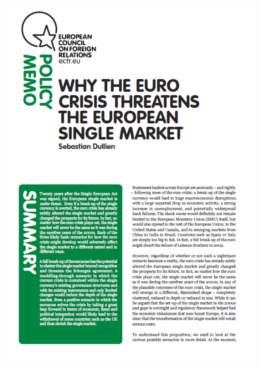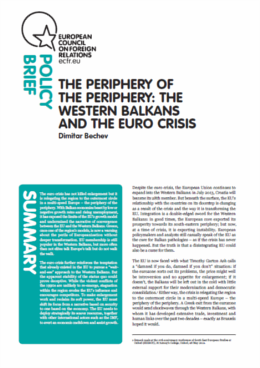U.S.-German relationship on the rocks
A fundamental shift in interests and outlook is leaving the United States and Germany with potentially irreconcilable differences. This widening divide between Berlin and Washington may threaten the entire Western alliance.


